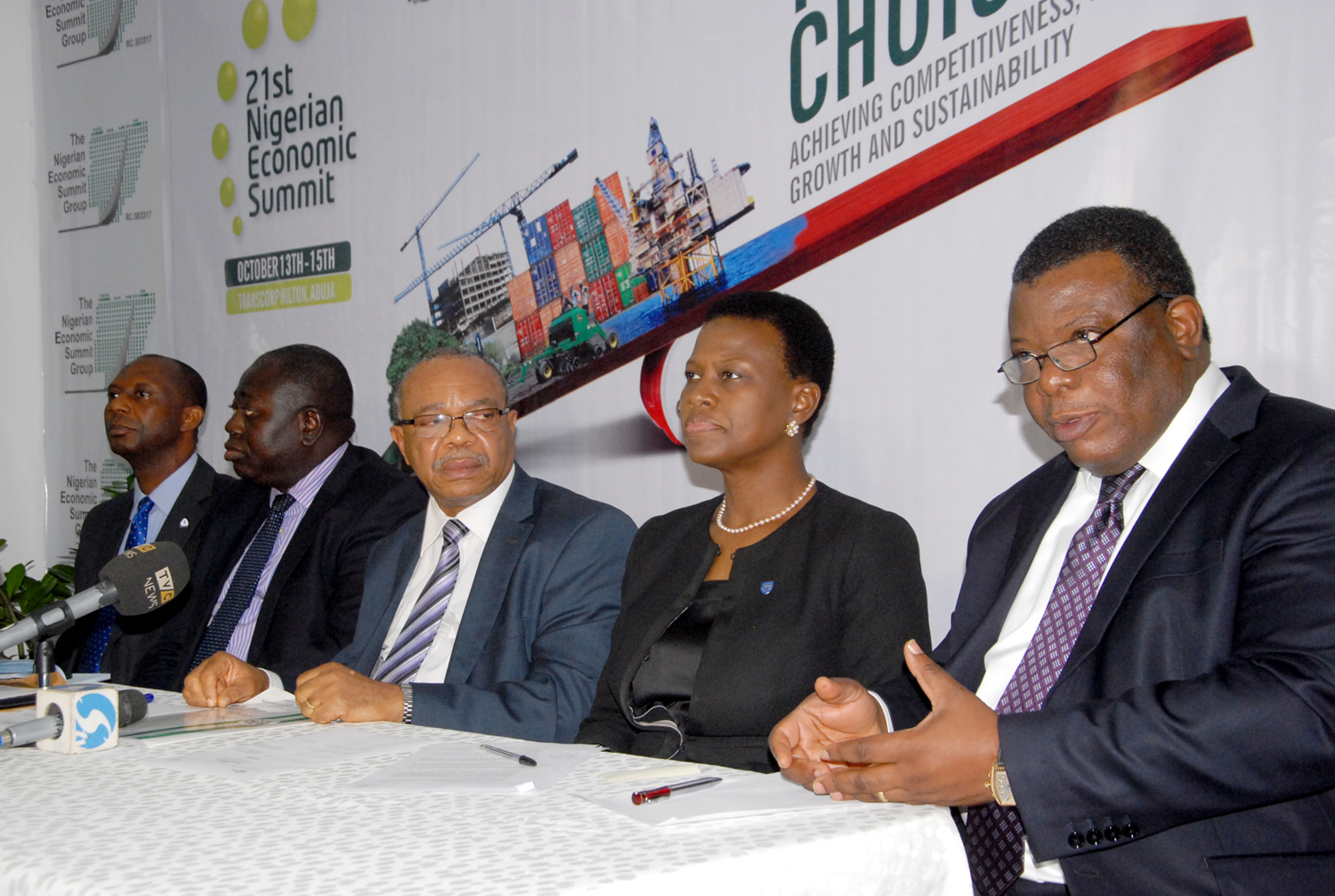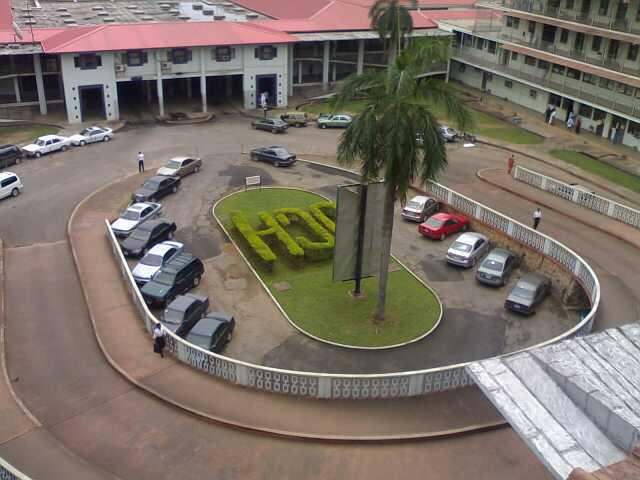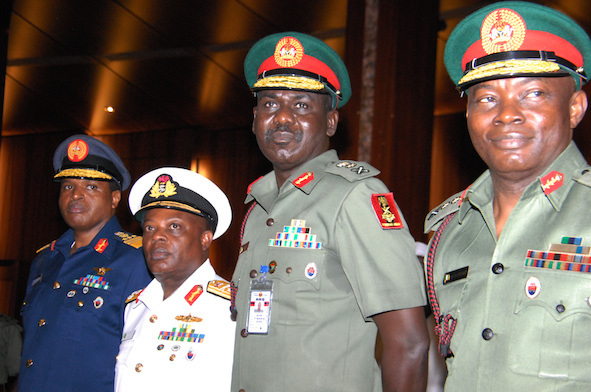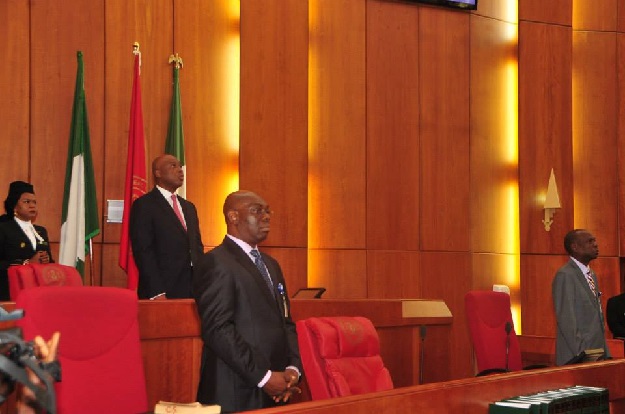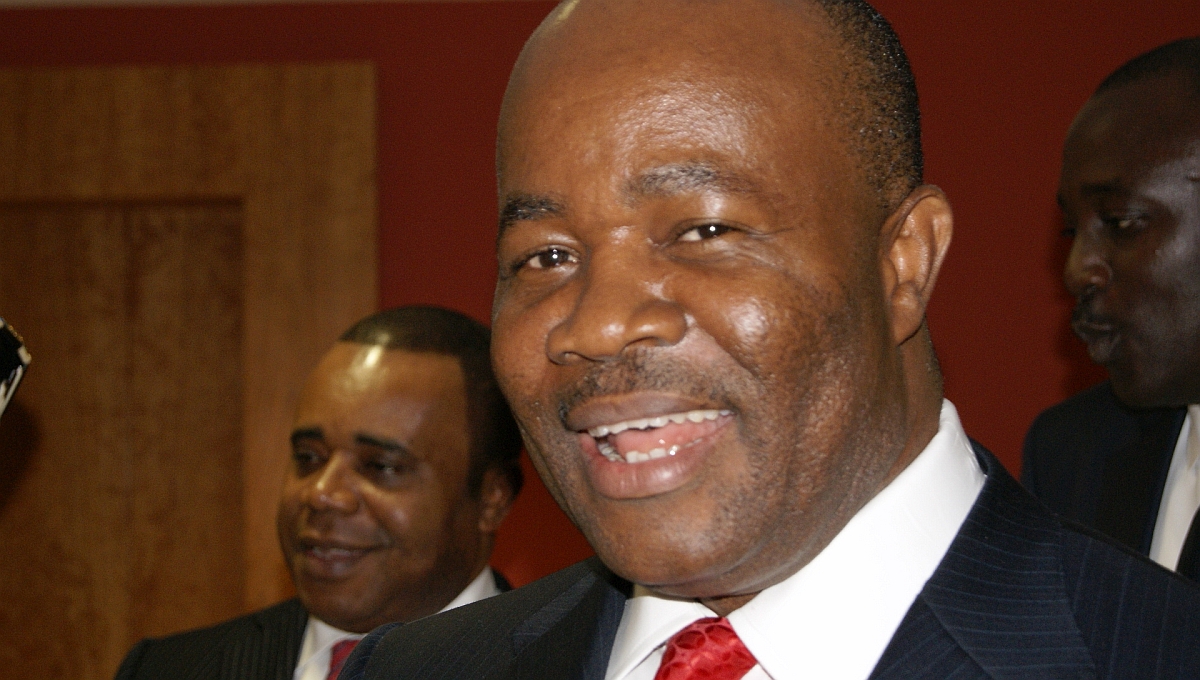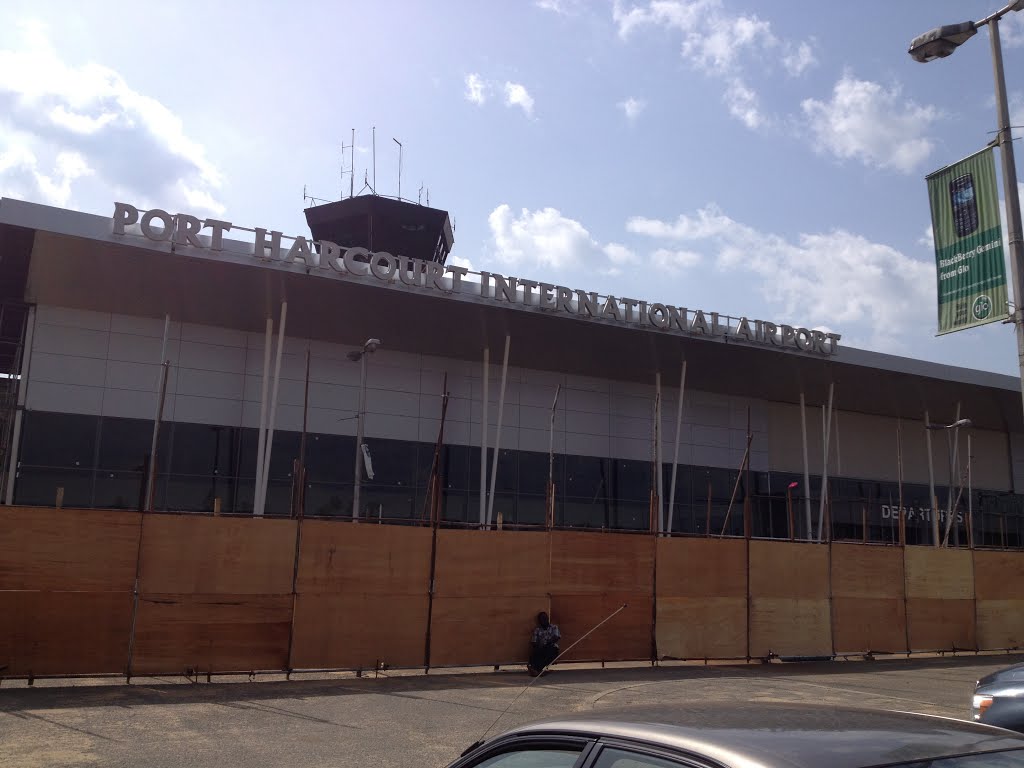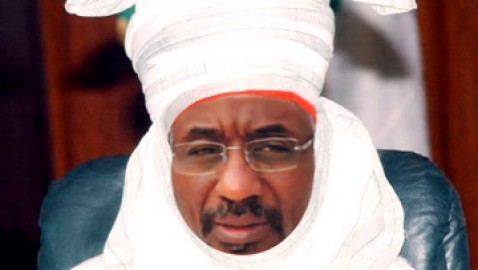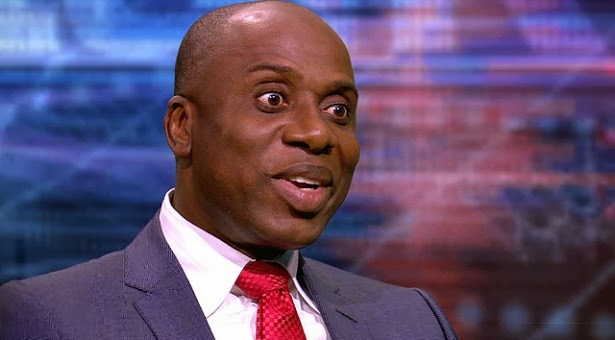As the 21st Nigerian Economic Summit (NES) concluded on Thursday, recommendations were made for the Muhammadu Buhari led administration to achieve its goal of changing Nigeria into an economically viable state.
Temitope Oshikoya, former director of research at the African Development Bank (AFDB) had reiterated at the summit that Buhari’s manifesto for Nigeria would cost Nigeria N60tr, calling on the president to prioritize his plans.
In a final report presented to the president by the summit, as received by Babachir Lawal, secretary to the government of the federation, the experts concluded that the president should work with stakeholders to achieve the following over the next two years:
IMPLEMENT OROSANYE’S REPORT
Advertisement
The summit posits that the president “implement the ‘Orosanye Report’ which covers issues such as instituting performance management system with new appraisal metrics that track, measure and reward performance”
“A competency-based HR function founded on a robust performance management system, flexible employment policy and compensation structure to restore Governments as employers of choice.
Advertisement
“Reengineering MDAs business processes to remodel the bureaucratic system and its red tape and bottlenecks.”
The professionals also concluded that the government conduct impact assessment of current institutional reforms to enable deepening, consolidation and/or redesign.
PASS PETROLEUM INDUSTRY BILL INTO LAW
Just as the Ibe Kachikwu, the NNPC group managing director, had advised at his screening on Wednesday, the summit urged the president and the legislative arm of government to pass the restructured PIB into law.
Advertisement
“Break up the Petroleum Industry Bill (PIB) into manageable issue-specific laws that amend existing laws or regulations that the Legislative arm of government are not opposed to,” the report recommended.
“For example, amending tax laws to incentivise gas, clarifying gas terms for the production sharing contracts,” while delegating the duty of production to the private sector.
GIVE 20% OF THE NATION’S BUDGET TO EDUCATION
Though the United Nations Educational, Scientific and Cultural Organization (UNESCO) recommends that 26 percent budgetary allocation to education, the summit believes that based on Nigeria’s peculiarity, the country can start with 20 percent.
Advertisement
It also recommended that the government treat teachers like soldiers, relevant to national security, advising that they should be trained, enhanced, recognized and rewarded.
Advertisement
The administration was also urged to “implement the laws on national skills standardization, certification and apprenticeship programmes, raise the quality & standards of universities to redress the outflow of students to foreign countries.”
The academia was also urged to develop curriculum in conjunction with the employers of labour, so skills needed by employers is reflected in the curriculum with “increased investment in vocational education educational institutions”
Advertisement
PART PRIVATISATION OF TEACHING HOSPITALS
On healthcare delivery, the summit concluded that government should “convert 1,000 hospital beds in five teaching hospitals into world class private wings with funding, expertise and management by world class healthcare companies”.
Advertisement
“Achieve universal basic health coverage for Nigeria through innovative funding in insurance and micro-insurance solutions” and “provide tax incentives and government funded research grants to local manufacturers of pharmaceutical products”.
PROVIDE 20,000MW OF POWER VIA PRIVATISATION
It was established that government revenue would not be able to fund all the projects calling for immediate attention; hence the country must employ public private partnership in dealing with infrastructure.
“Privatise/concession the railways (focus on freight), major highways, major airports, refineries/pipelines/depots.
“Adopt alternative financing options in the areas of infrastructure investment both directly and through PPPs, and “privatization of the power transmission network and increase power generation to achieve 20,000 MW”.
STRENGTHEN SECURITY
On security issues bedevilling the nation, Buhari was advised to strengthen existing framework for information sharing, intelligence gathering and response to security threats.
He was recommended to do this by employing the strength of the “people, infrastructure, early warning systems and citizen engagement.
The SGF spoke to this matter particularly, saying he has been in the face of insecurity, especially as regards insurgency.
Lawal, who said 90 percent of northern youths were unemployed before insurgency broke out, emphasized that security is needed for economic growth, adding that he was internally displaced by Boko Haram for six months – an incident which affected the economy in the Adamawa state.
UNLOCK SMES AND ENTREPRENEURIAL SPIRITS
Presenting the final report of the summit, Abubakar Suleiman, the executive director of Sterling Bank, said
“The only way we can create enough opportunity in this country, is through entrepreneurship. The bank of industry has spent the last couple of years trying to build frame work and applying resources that would enable SMEs to begin to grow, and that is something we must continue to do,” he said.
While canvassing for self-employment, the banking guru urged that the stakeholders remove bottlenecks affecting SMEs in Nigeria, in a bid to enhance job creation.
“A jobless growth is not a meaningful growth and it’s not a sustainable growth. And so we must eliminate bottlenecks and provide support for the SMEs.”
He urged that the country must figure a way to create the “Dangotes of tomorrow from the SMEs of today”.
The report was co-presented with Nnenna Elendu-Ukeje (Bende federal constituency, Abia State), the chairman for foreign affairs committee of the house of representatives.
The 22nd edition of the summit was scheduled for October 11 to 13, 2016.
Add a comment

